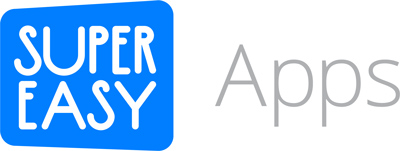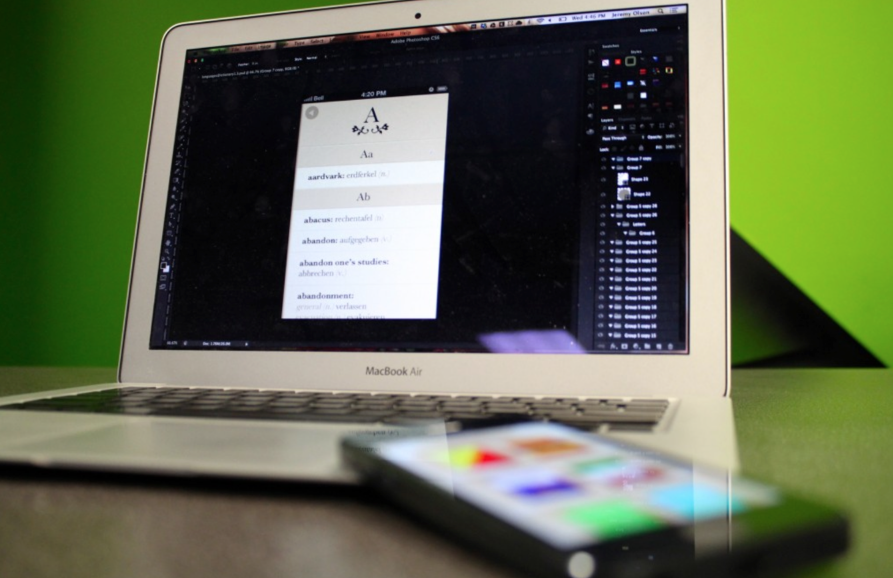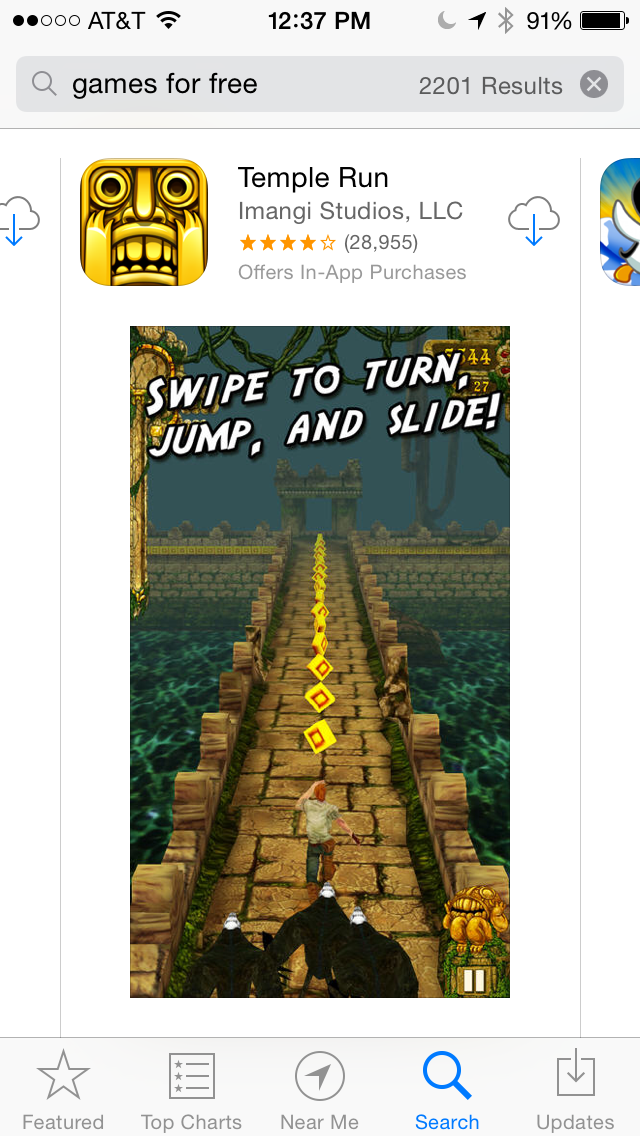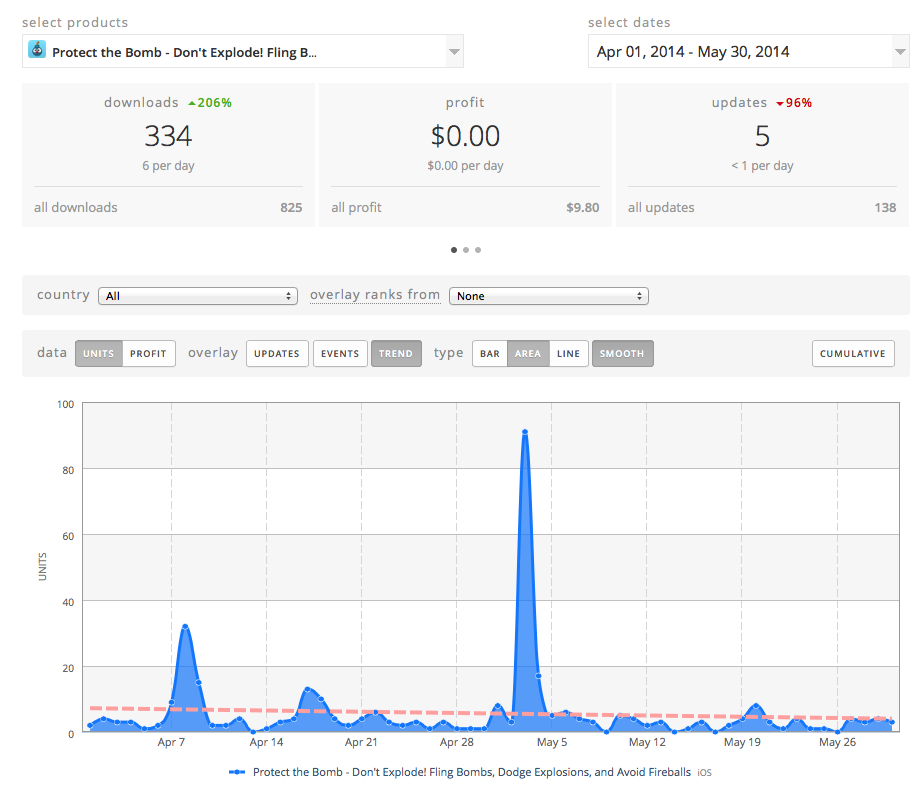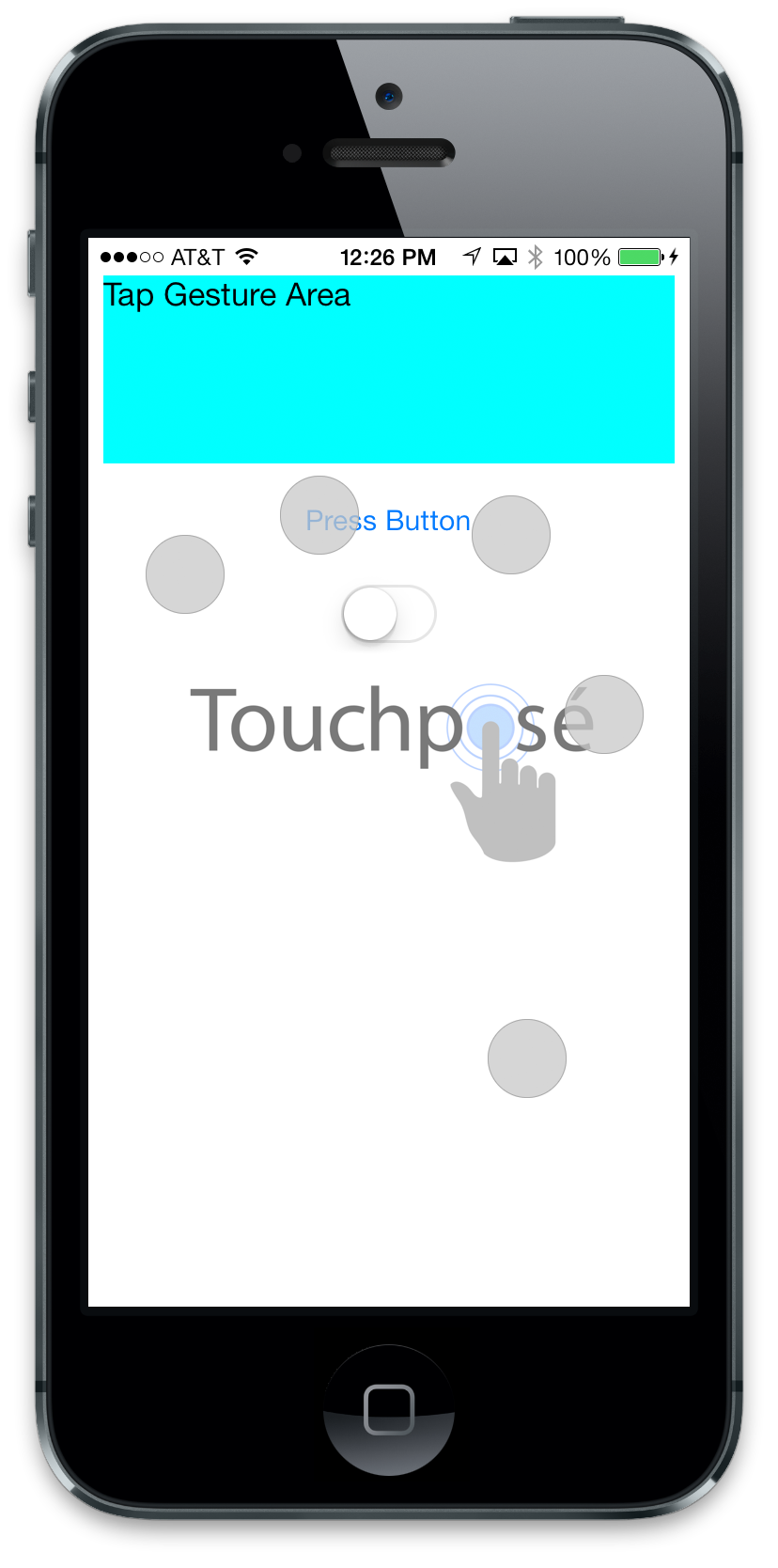Over the past 60 days we had 334 downloads. I’ll exclude the ImagineRIT boost of ~108 downloads on May 3rd-4th, which gives us at 226 downloads. 226 downloads / 60 days is 3.77 downloads/day. It’s pretty slow and these numbers are something that you can expect for a new game or app without any promotion (Even with promotion it'll be slow if you don't know what your doing).
Let’s Try to Get More Downloads with Keyword Search Optimization
I’m exploring SensorTower.com to research new keywords and ranks. Previously I had used SearchMan.com but I never felt like I had good actionable insight from the data. It was hard to read and there wasn’t a lot of help. Sensor Tower has a really nice blog and their tools look much nicer from a usability and design standpoint.
My first step is to turn our original titles and keywords into a new set of titles and keywords to test. We’ll be doing some scientific method to hypothesize what changes we can make for the title and keyword. Later we’ll look at optimizing our icon (very important!) and screenshots (less important).
Downloads boost ranks for keywords. It might not seem obvious, but if your app isn’t getting downloads it’s not going to rank higher for a keyword like “fling”. Our goal with keyword optimization is to find keywords that your app can rank for, and to use them as new funnels for new customers to find your app. If those downloads boost your app downloads, then you can start to look at keywords that have more traffic and competition.
On May 4th and 5th we had a big boost in downloads from a booth at RIT’s ImagineRIT festival. Look at the impact on the keyword rank for “fling” a keyword in our app title. We put the keyword in both the title and the keyword field, but we should have only put it in one according to the current best practices from Sensor Tower.
Version Titles and Keywords
I don’t have all the data, but we’ll start to keep track of it from now on. You can see the titles and keywords that we started with, and next we’ll look into what keywords we can transition to.
Version 1.0
Protect the Bomb - Don't Explode! Smash Bombs, Dodge Explosions, and Avoid Fireballs
bomb,protect,flick,fire,explode,dodge,robot,fling,explosion,bombee,ball,cute,throw,smash,toss,wick
Version 1.1
Protect the Bomb - Don't Explode! Fling Bombs, Dodge Explosions, and Avoid Fireballs
dodge,steampunk,fling,hectic,smash,shield,fire,scientist,nuke,fireball,bomb,die,explode,protect,fun
Version 1.2 Keywords?
Now we’ll begin the journey of trying to follow best practices with our keywords using brain storming and Sensor Tower data.
I’ve started to compile a list of keywords, but I’m going to back to square one. I thought I had a good list, and that reusing keywords is a good thing, but it turns out you shouldn’t use a keyword that’s in your title as well as your keyword list.
We need to capture the essence of the game with keywords. To start the journey we’ll be brainstorming a lot of new ideas without any filters. I’ll post my starter keywords and then in the next post you’ll get to see my list of keywords after brainstorming. After that we’ll take a look at reworking the title to incorporate the keywords that we think we can boost the most. Title keywords have a bit of a preference over keywords in the list.
1.2 Keyword Ideas Revised and Revisited
Original 1.2 Keywords
fling,steampunk,dodge,kamikaze,fireball,bomb,explode,smash,bombs,explosion,explosions,fireballs,fire
Keyword Brainstorming Session 1
bombs,avoid,fireballs,explosion,explosions,fire ball,defense,defend, bomb,device,explosive,mine,missle,projectile,rocket,bombshell,grenade,ticker,atom,hydrogen,nuclear,charge,,dodge,plan,plot,scheme,strategy,,protect,defend,cover,preserve,safeguard,save,shield,shelter,secure,stonewall,watch,keep safe,stand guard,guard,watch over
Homework
- Start a keyword list
- For each word search thesaurus.com to find new keywords or concepts that you didn’t think about
- Don’t filter anything that you think could be related, just write down word associations. We’ll filter next time.
- If you have an app idea it’s important that you start thinking about how people can find your app. Write down those ideas!
Keyword Resources
